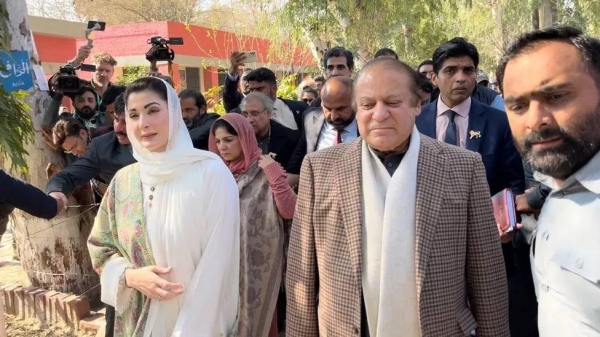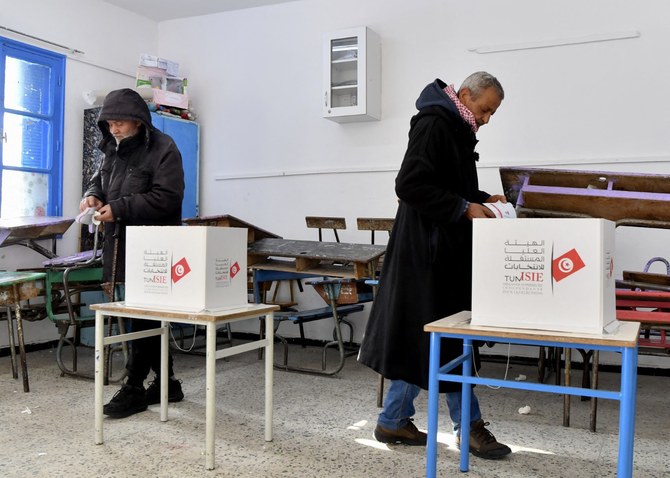
Tunisia staged on Sunday its first free municipal elections, the first since the 2011 revolution that overthrew the old regime.
The election has been touted as another milestone on the road to democracy in the North African country, which has been viewed as a rare example of the success of the so-called Arab Spring.
But Tunisia has struggled with persistent political, security and economic problems, as well as corruption.
“I intended to boycott, but I changed my mind at the last moment,” Mohamed Ali Abadi, told Reuters after leaving a polling station. “We are facing a lot of economic problems but will continue our way in a real democracy.”.
The electoral commission decided to postpone elections in eight centers in Mdhila in the south because of a mistake in the election papers.
Political parties have spoken about violations in several towns, including trying to influence voters and distribute money.
Adel Brinsi the member of the Independent Electoral Commission said some abuses occurred at the polling stations, but they were not significant and did not affect the election results or their normal functioning.
At a polling station in the capital, 58-year-old Ridha Kouki acknowledged that voting is "a right and a duty" but said Tunisians "have little hope" of any change.
Chokri Halaoui, 45, said he wanted to send a "message to politicians to tell them we have voted, now show us what you can do."
But only 13.6 percent of voters had cast their ballots by midday, according to the electoral commission.
And despite bars and a clothing brand offering discounts to people with ink-stained fingers proving they had cast ballots, young voters were markedly absent from polling stations in the capital.
Unemployed graduate Kamilia Mlouki, 23, said she had come "to exercise my right" by casting a blank ballot.
"I have no more faith in any political party or electoral list," she said.
Tunisians have already voted in parliamentary and presidential elections since the 2011 fall of Zine El Abidine Ben Ali, but municipal polls had been delayed four times due to logistical, administrative and political deadlocks.
President Beji Caid Essebsi has called for a "massive turnout".
Casting his ballot on Sunday, Essebsi he urged Tunisians to vote, saying "democracy cannot be imposed but must be exercised".
Rached Ghannouchi, head of the Ennahdha movement, also urged a large turnout by "young Tunisian voters", admitting however that politicians "dont hold all the keys to progress".
Tunisia is grappling with economic challenges, including an inflation rate which stands at around eight percent and an unemployment rate of more than 15 percent.
The country was hit by a wave of protest at the start of the year over a new austerity budget introduced by the government.
"These municipal elections wont change anything for us. We will always be on the same cart without wheels or a horse," 34-year-old housewife Hilma told AFP ahead of the vote.
More than 57,000 candidates, half of them women and young people, are running for office in Tunisias 350 municipalities.
Around 60,000 police and military personnel have been mobilized for the polls.
European parliament vice president Fabio Castaldo, head of an EU delegation monitoring the polls, said the election was "an important step for the countrys stability".












